THE European Union’s refusal to send in soldiers to bolster UN troops in eastern Congo could have scuppered the last chance of averting a humanitarian disaster, a leaked letter from the Secretary General reveals.
A letter from UN chief Ban Ki-moon reveals that it will take up to four months for the UN reinforcements to arrive in the beleaguered central African country where 250,000 people have been displaced by recent fighting and many do not have access to food or shelter. Writing to Javier Solana, the EU foreign policy chief, Ban said that it would be April before any extra UN peacekeepers could set foot in the Democratic Republic of Congo.
The letter illustrates the UN’s dismay at Europe’s lack of support for the peacekeeping force. It also reveals for the first time that Congo’s government forces and its lines of command are widely thought to have collapsed to such an extent that they are of little help to the population. The letter refers to the ‘near total disintegration’ of the Congolese armed forces and requests a ‘bridging arrangement’ from the EU to create space for diplomacy and peace talk to continue.
The letter was written before last Thursday’s summit of EU leaders in Brussels. At that meeting Britain’s Foreign Secretary, David Miliband, argued that any action in eastern Congo should be left to the UN and that Britain would not be sending troops. The EU leaders had previously denied they had been explicitly asked for a ‘bridging force’ and insisted UN reinforcements could arrive within two months.
Charities and NGOs expressed frustration at the delays. ‘We have had a month of every possible excuse as to why Europe will not send forces to bolster UN peacekeepers in war-torn Democratic Republic of Congo,’ said a spokesman from the development charity Oxfam. ‘This plea from Ban Ki-moon demolishes those excuses and underlines the utter urgency for a rapid deployment of a European force to help protect civilians. Without an adequate professional force supporting UN peacekeepers to provide a measure of security for the population the killing, raping and looting will continue.’
Human Rights Watch has also urged the EU to send a bridging force to help UN peacekeepers stop attacks on civilians. In a report released last week by the US watchdog, it said the UN’s 17,000-strong force in Congo had been unable to stop a massacre at the village of Kiwanja last month. ‘Although UN peacekeepers considered Kiwanja a priority protection zone, they did not have enough peacekeepers or the capacity to stop the killings. Survivors could only run to the UN base half a mile away and cluster outside the fence for protection. This weekend there were further reports of atrocities at two displaced person camps at Kibati, three miles outside the city of Goma. The UN High Commission on Refugees is carrying out voluntary transfers of civilians from the camps — and away from the confrontation line — to a new camp at Mugunga III, just west of Goma, the capital of North Kivu.
There are still some 65,000 people in the Kibati as warring parties hold their positions close to the camps. More than 600 families have moved to sites in the Mugunga area as the attacks become more frequent.—Dawn/Guardian News Service

















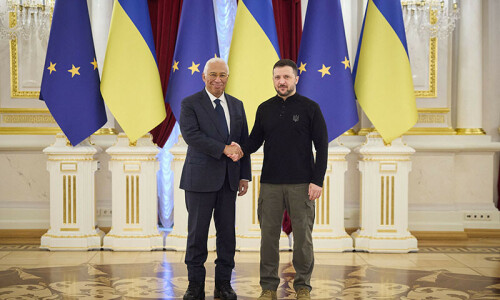
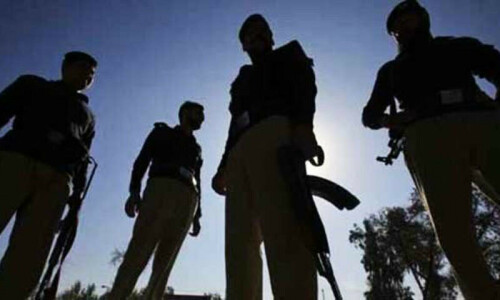
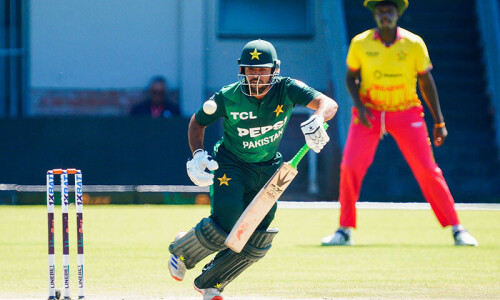
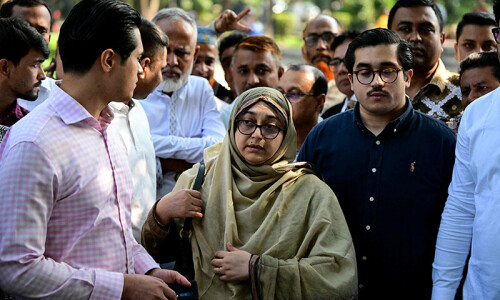




















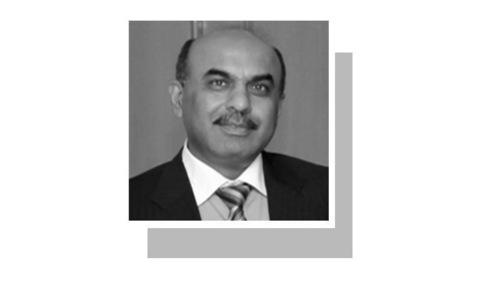





Dear visitor, the comments section is undergoing an overhaul and will return soon.